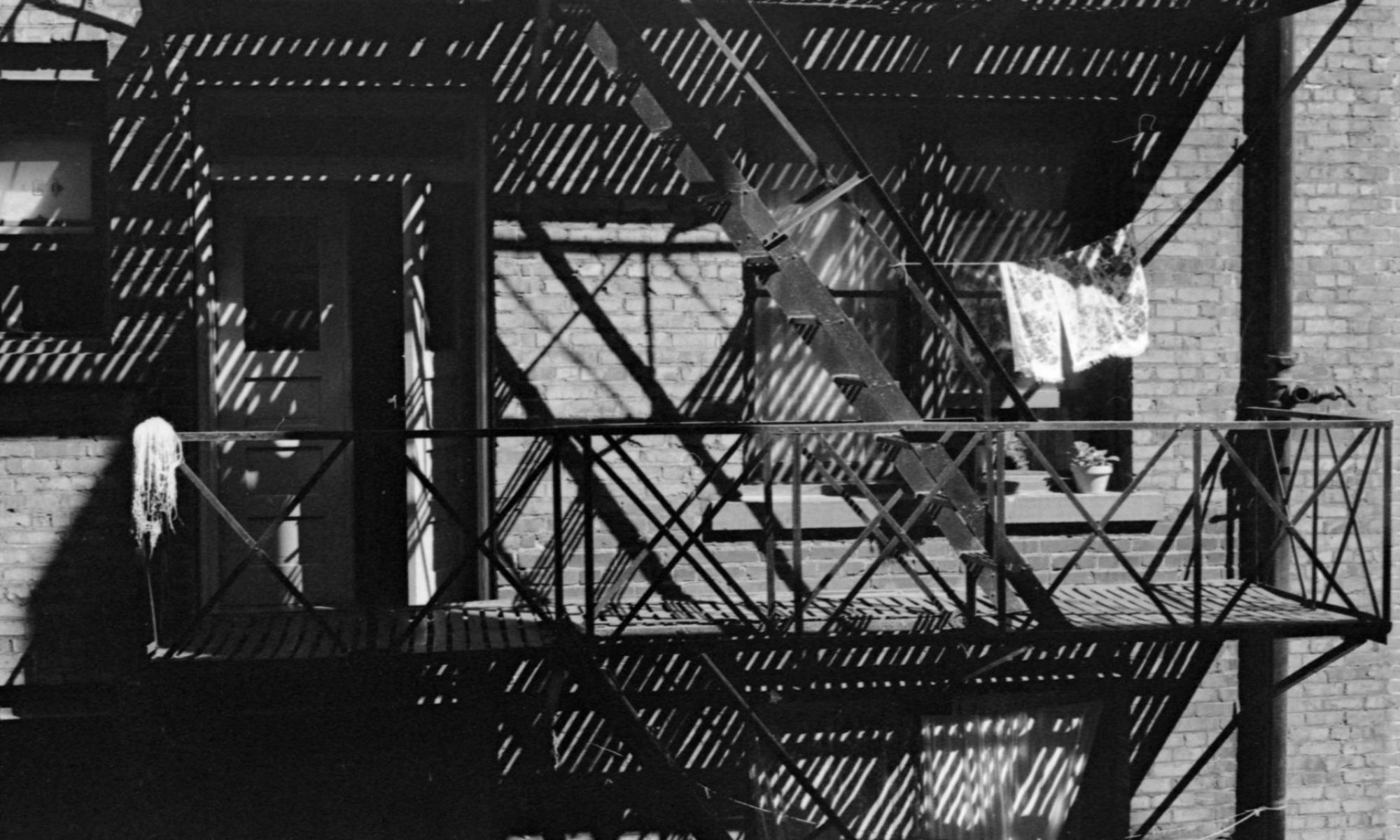Revitalizing Japantown? is a research project which engages Downtown Eastside (DTES) residents, organizations and artists who are working with a team of researchers with grassroots experience in the community. The goal of the project is to recover the long Human Rights history of the neighbourhood while doing our part to ensure that the rights of current DTES residents remain a public priority. To accomplish this we’re working with the 5 founding communities of the DTES: Coast Salish people, the Low-Income community, Chinese Canadians, Japanese Canadians and African Canadians.
The project is funded by Social Sciences and Humanities Research Council (SSHRC) of Canada and will run from 2012-2015.
Our Past Work in the DTES
Dear DTES Community Members and Project Partners
We last met in person on August 8th 2012 when many of you were able to join us at the Nikkei National Museum & Cultural Centre.
For those of you who are less familiar with Revitalizing Japantown?, you might remember Jeff Masuda’s previous DTES research project. It took place from 2007-2011, in partnership with the Downtown Eastside Neighbourhood House (DTES NH) and focused on Environmental Justice in the DTES. Rebecca Haber was the face of that project, screening Environmental themed films and facilitating Community Conversation Circles at the DTES NH while working with 17 low-income residents who were paid as Community Researchers. They used photographs to demonstrate what they thought was both healthy and unhealthy about the community and then compared the DTES to Vancouver’s more affluent neighbourhoods. The photos were shown across the DTES in venues like Oppenheimer Park and at community events such as the Alley Health Fair. When the project came to an end in 2011, the DTES NH hosted a Showcase which was attended by +/- 85 people, including residents, workers from sister organizations and City Planners.
Since August 2012
Since last August, the Research Investigators, (Jeff Masuda – Associate Professor, University of Manitoba;
Sonia Bookman – Assistant Professor, University of Manitoba; Joyce Rock – Co-leader, DTES Kitchen Tables Project; Beth Carter – Director-Curator, National Nikkei Museum & Cultural Centre; and Audrey Kobayashi -Professor, Queen’s University), have been working behind the scenes with the project’s staff (Greg Masuda – Project Filmmaker & Artistic Mentor and Aaron Franks – Research Associate, Centre for Environmental Heath Equity) to find funding for the film and arts portions of this project and to plan our upcoming activities in the community.
The Project’s Arts & Film Portions
The arts portion of the project is Parallel Visions: Dispossession Legacies in Vancouver’s Downtown Eastside, which funds DTES artists to work alongside residents to create 4 works of art that reflect the complexity of the DTES community as it struggles to resist those who would just as soon erase its legacy. The film portion is Repossession, a film that documents the experiences of DTES residents during the City Of Vancouver’s ongoing Land Use and Planning Process (LAPP), all against the backdrop of gentrification.
Our Presence in the DTES
With the Research team spread across the country for most of the year (Jeff, Sonia and myself – Aaron – at the University of Manitoba, Audrey at Queen’s University and Joyce in Montreal), it’s Greg Masuda who’s our day-to-day point person in the community. Aside from participating in community meetings and events, Greg documents as much as he can on film, already collecting footage for Repossession.
Beyond April 2013
We are now starting the next step in the project, which is to set up interviews with +/- 50 DTES residents who represent a cross-section of the community. Our first interviews will be in May and then at regular intervals through the summer and Autumn
As was the case in August 2012, Revitalizing Japantown? will again this year be at the Powell Street Festival on August 3rd and 4th. Most of the Research team will be there, using the time to do more Community Consultation by inviting feedback from residents as well as asking for their participation in a Mapping exercise which further demonstrates their DTES history and sense of belonging.
In the meantime, if you’ve any questions about the project, please don’t hesitate to contact me by commenting on this website.
Thank you.
Aaron Franks
Research Associate
Centre for Environmental Health Equity
University of Manitoba


Hello – our church, Vancouver Japanese United Church, is working on a long-overdue redress issue. We are determining both the value of confiscated property as well as stolen possessions left in trust during WWII with members of the denomination of the United Church of Canada. If anyone has any thoughts that would be of assistance to us, it would be deeply appreciated. Five years ago, we received a formal, public apology from the United Church, but no reparations to date. A token amount was verbally offered but we are working towards what is realistically fair. We are also studying what Japanese-Canadian Cause would be a worthy recipient of a portion of any monies realized from this undertaking. Clearly our members would have some claim, as they and their antecedents had to start all over from nothing upon their return to BC. Feel free to call me at home, 1-604-322-1400, or e-mail to judstark@telus.net Thank you so much!